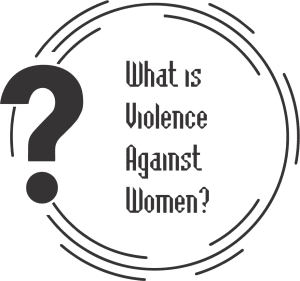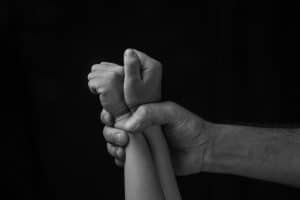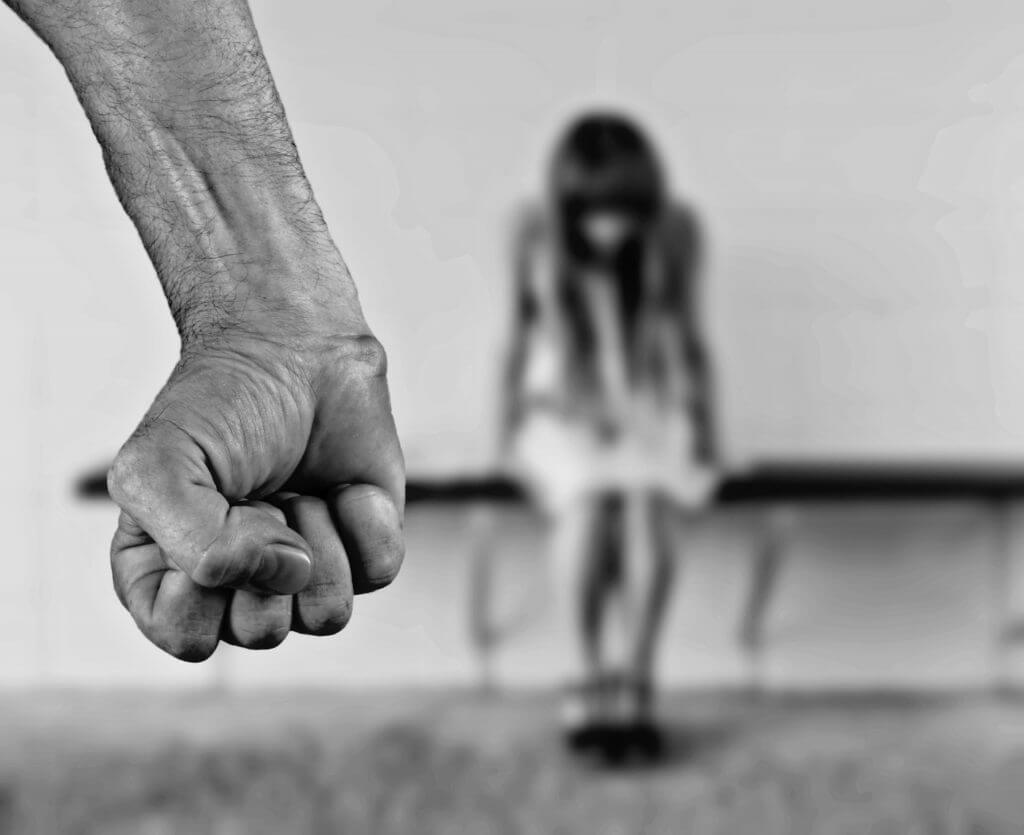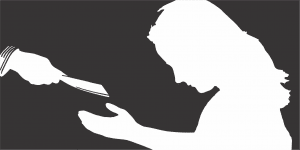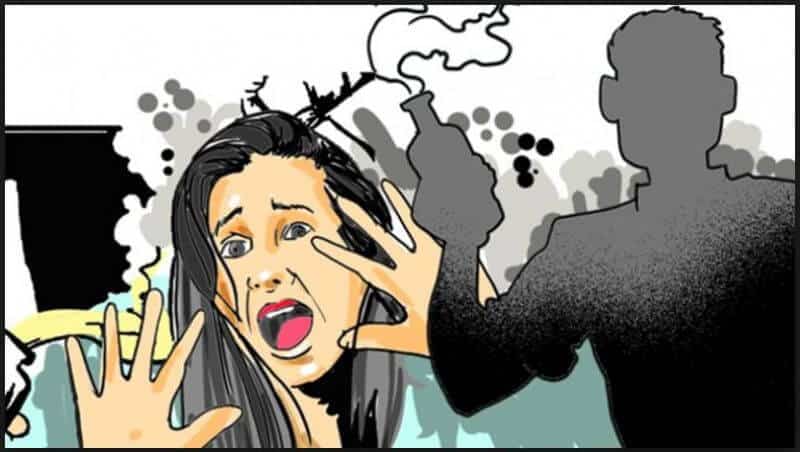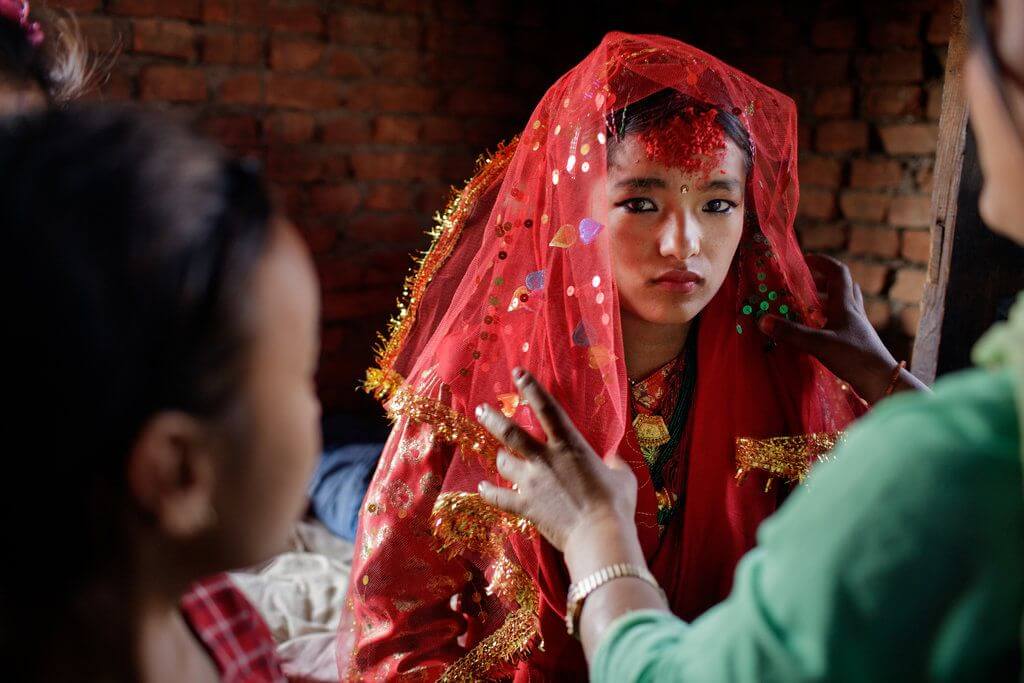Workmen’s Life
Workmen's Life
Workmen's Life
Workmen's Life
The highest rate of violence against women has been reported among the large labour class of the country, surviving on the economic and social periphery. Women have to bear the brunt of economic deficiency since there is no positive channelization for the frustration caused by financial tribulations. The least socially-active group of industrial workers needs to be aware of their potential to bring positive change by dispelling the image that women-related issues are elitist and have nothing to do with their lives.
White Ribbon Pakistan took the initiative of sensitizing male labourers and industrial workers through interventions including interactive dialogues. Through these initiatives, we hope to reassure them that their participation in curbing VAW can result in a more aware, peaceful, productive, and rewarding life. The intervention works in two ways – domestic violence and workplace harassment. Through these dialogues with the labourers, we address both these issues simultaneously. The underlying purpose is to magnify the domestic and working life of the worker, both of which present a distressing picture. By putting the pieces together, workers are made to realize their crucial role in dealing with the issue of ending violence against women.

